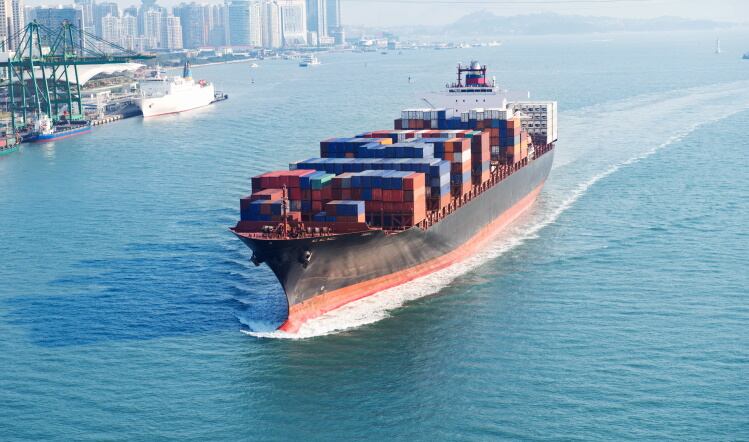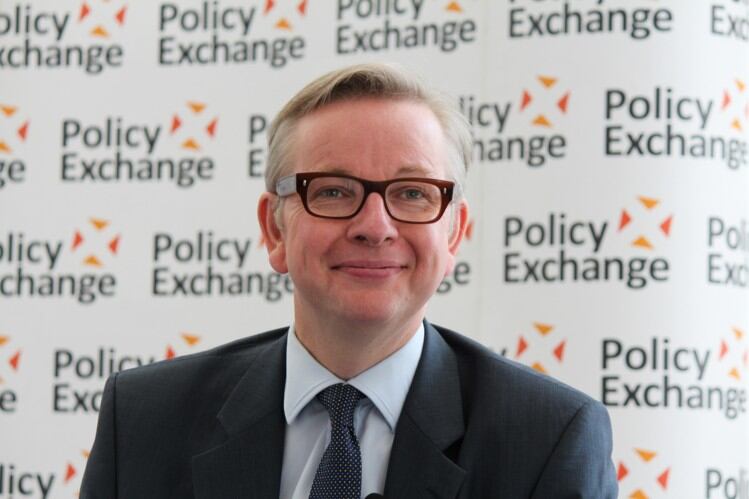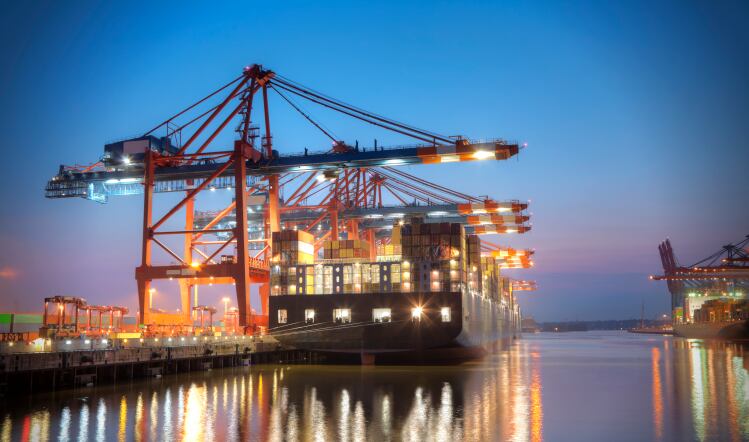The BRC’s comments followed the announcement that the Government would be introducing import controls on EU goods at the border after the Brexit transition period ends on 31 December 2020, with trades in the UK and EU forced to submit customs declarations and liable to goods checks.
In a report published today (17 February), ‘A Fair Deal for Consumers’, the organisation stressed the importance of agreeing a trade deal with the EU to keep costs and delays to an absolute minimum.
“We believe effective co-operation can be brought about on these issues to avoid unnecessary red tape and formalities on moving products quickly and efficiently through our supply chains,” read the report.
Need to supplement with EU produce
“While we can source many of these products from UK supply chains, we cannot avoid the need to supplement that with European produce, particularly out of season. Without solutions that avoid delay and allow us to move products into the UK quickly, particularly through Dover and Folkestone, consumers will see reduced choice and shorter shelf life. There will also be inevitable pressure on costs.”
With the Government adamant there was no possibility of returning to frictionless trade, the BRC set out key mitigations that could reduce the impact on consumers and retailers.
These included a zero-tariff trade deal, cooperation with the EU to minimise trade friction, coordination on VAT, customers and excise procedures, advance information on new checks and paperwork and timely construction of necessary infrastructure at UK ports.
Chief executive Helen Dickinson said: “The issue is simple – higher tariffs and extensive checks will harm consumers, retailers, and the UK economy. The Government must set about to negotiate a zero-tariff agreement that minimises checks and red tape, otherwise it will be consumers who suffer as a result.
Exhaustive checks
“The introduction of excessive or avoidable checks would mean businesses face a mountain of paperwork to be filled out by an army of newly trained staff, coupled with exhaustive checks on thousands of lorries every day.”
Dickinson pointed out that these extra checks and measures would all result in higher costs for consumers and reduced availability on the shelves.
“New IT systems will need to be created and tested before 1 January 2021. Border control posts must be built, with people hired and trained to run them,” she added. “The Government has no time to lose.”
Meanwhile, suppliers have voiced concerns about Brexit’s impact on exports, after admitting that uncertainty about the effects of the UK’s departure from the EU had already hit international trade.





